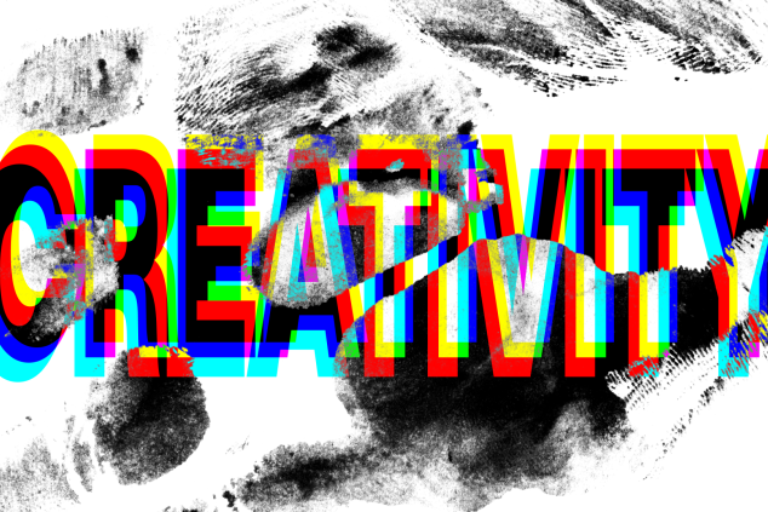People have started talking about silent meetings, and as someone who has dyslexia, this is terrifying.
I was recently catching up on some episodes of an amazing podcast called ‘Eat, Sleep, Work, Repeat’ that I had missed. I came across an episode where Bruce was talking to David Gasca about silent meetings. David has written a silent meeting manifesto that outlines the practice.
Here is: “Everything you always wanted to know about running silent meetings but were too afraid to ask” (a doc-in-a-tweet)
(anything I’m missing?) pic.twitter.com/HWj16oCiZb
— David Gasca (@gasca) February 20, 2019
The core concept of silent meetings revolves around a pre-prepared google document. The document outlines the topics to be reviewed and a silent multiplayer word-processing session occures. During this session, people use the comment functionality, and it’s threaded replies to discuss the essential points. Following this, a facilitator selects highlights from the document, and prominent threads and comments are discussed.
The episode extolled the virtue of this method in driving concise, efficient meetings. However, the concept gave me the fear.
The school idiot.
My earliest school memory isn’t an entirely pleasant one. My primary school teacher Mrs Cliff, a terrifying matronly figure, had set the class a handwriting exercise. We were to copy several paragraphs from a Beatrix Potter book. I diligently obliged and copied down what I read onto the paper.
Partway through the exercise, I remember the teacher reviewing my work and exploding in a fit of rage.
How could you be such a disobedient cretin! You’re just making up words.
I had no idea what was going on, as far as I knew I was copying the words as I saw them in the book. My reading skills at this point were not that advanced, so I didn’t understand what the words meant, but what I had copied down was what I had seen. I was so confused.
The situation only worsened when my punishment was to copy out the paragraph many times. As I continued to fail at this simple task, the teacher’s impatience grew.
It would be a few more years before I understood what was going on in this situation. I am dyslexic, and my brain was unable to translate correctly the words it was in the book into words on the page.
As far as being dyslexic goes I was lucky. I went to school around the time that the education system started to understand that this was something that existed. As I progressed through my education I was supported by some great teachers. I also found methods and techniques that allowed me to deal with this.
I am in the slow readers club.
However, despite several coping techniques and some intelligent software, I still have some challenges.
I’m a super slow reader. Sometimes I’m utterly incapable of seeing errors in words I’ve written. My brain’s favourite trick is slipping in negative words that switch the context of a statement entirely. For example, I might intend to type ‘I will now proceed with that task’, but instead, I will type ‘I will not proceed with that task’, and however many times I re-read and proofread that bit of text I will not spot it.
My brain also sneaks in repeating parts of sentences which can make what I’ve written entirely incomprehensible.
Meetings on hard mode.
I have recently been introduced to the concept of “Pre-reads”. A pre-read is a prepared document that is collectively read through at the beginning of a meeting. The first 10 mins are taken up by everyone reading the material, making notes and preparing for the collective discussions that come next.
Pre-reads are a real struggle for me. I read, roughly, at about half the speed of everyone else. Therefore, the only way I can keep up with the meeting pace is by skimming the document, at the risk of missing important context.
Notes I take are a couple of shorthand style words that make sense to me within the context of the meeting, but coming back to them, they are rarely understandable.
Meetings on impossible mode.
Taking part in a meeting that sits almost entirely within an online document is terrifying to me. It adds significant barriers that I have to overcome to be able to communicate my views and ideas — potentially excluding me entirely from the conversation.
The silent meeting manifesto includes the following point:
Reading is faster than listening: Most attendees likely read faster than they can listen. This means a meeting where information is distributed orally is less efficient.
For me, and an estimated 5-10% of people, this is the opposite of the truth.
Despite these challenges, I can’t disagree that meeting suck, and this idea is a potential solution. However, I do hope the concept of silent meetings evolves in a direction that considers people with dyslexia. This will also help others who find reading and typing a more challenging form of communication and prefer using their mouth words.



